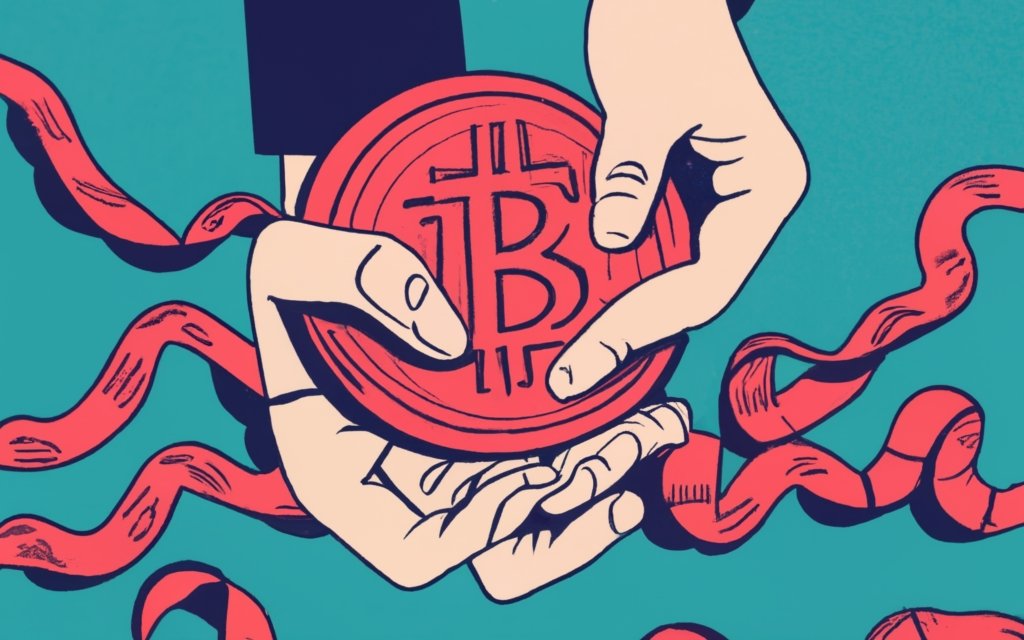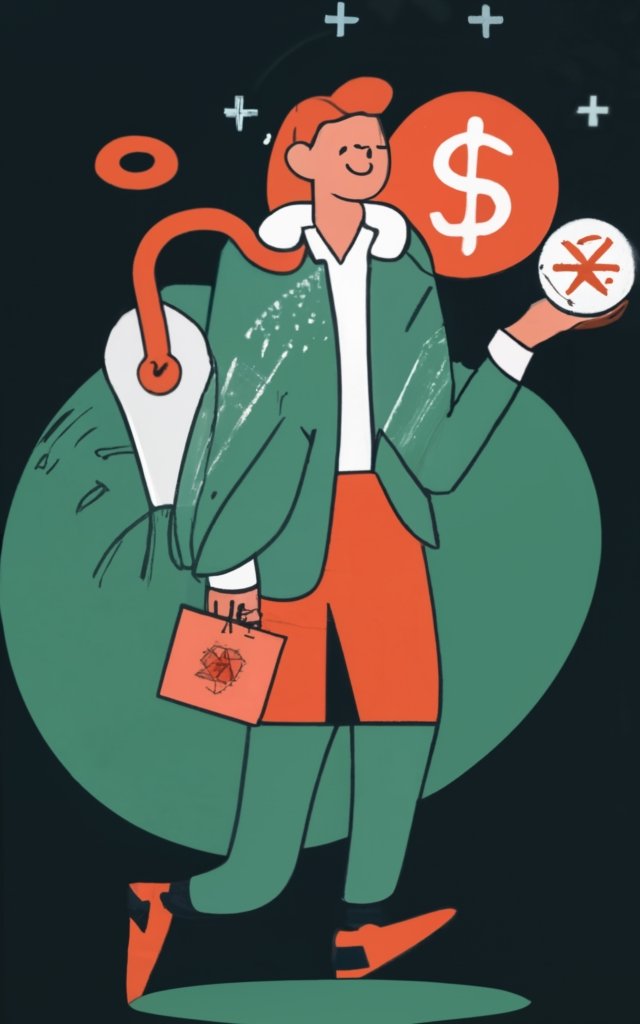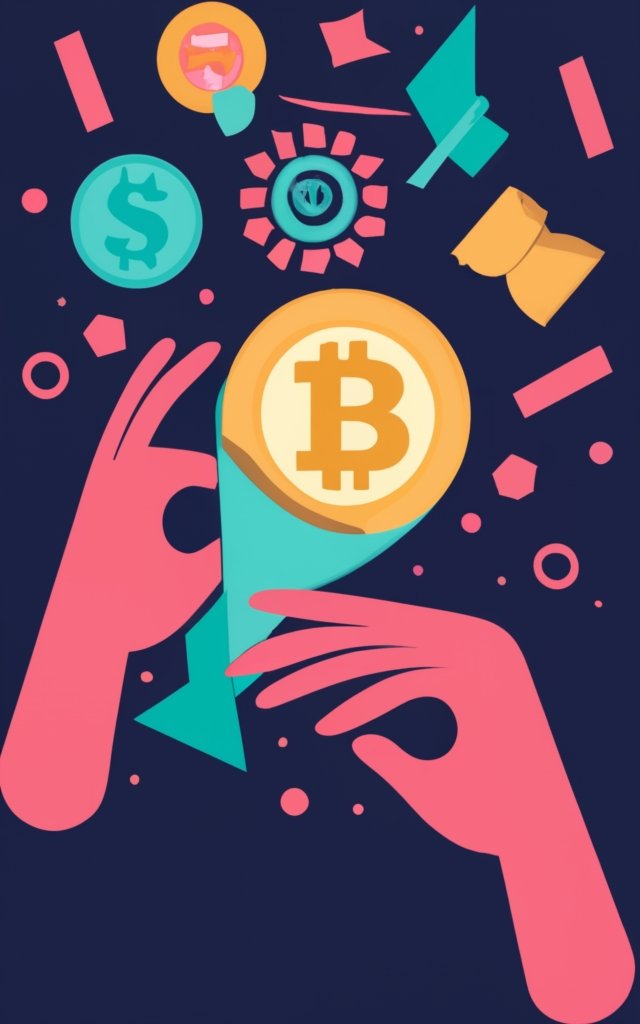How the NFT Revolution is Shaping the Economy

In 2023, the non-fungible token (NFT) market has become a significant economic sector with a valuation of $26.98 billion. This digital asset revolution is more than a trend among artists and collectors; it has the potential to redefine our understanding of ownership and value.
Demystifying the Economics of NFTs

The NFT market’s growth rate is remarkable, featuring a Compound Annual Growth Rate (CAGR) of 34.2%. “This isn’t a bubble; it’s a revolution altering our perception of ownership and value,” states Dr. Emily Thompson, an economist specializing in digital assets. Blockchain technology enables the verification of uniqueness and ownership, laying the foundation for a new asset class.
The growth is driven by broader applications of NFTs in sectors like real estate and intellectual property. These tokens are evolving into financial instruments that could democratize access to various forms of value. “NFTs have the potential to make various assets more accessible to the average person,” adds Dr. Thompson.
Projections indicate that the market could reach $211.72 billion by 2030. This is a calculated forecast based on current adoption rates and technological advancements. The economic implications are vast, affecting not just individual sectors but potentially the global economic landscape as a whole.
However, the rise of NFTs also raises questions about financial inequality. While they offer a new form of asset ownership, the entry costs can be prohibitive for many. This raises concerns about whether the NFT market will become another playground for the wealthy, exacerbating economic disparities.
The Ethical and Societal Implications
The environmental impact of blockchain technology has been a subject of ongoing debate. “The energy consumption for NFT transactions raises questions about sustainability,” warns an anonymous expert in environmental science. This concern is especially pressing given the global urgency to address climate change.
Moreover, the lack of regulatory oversight and the potential for fraud expose both investors and artists to risks. These ethical concerns necessitate a broader societal conversation. “NFTs offer opportunities but also present new forms of risks that society needs to address,” says the anonymous expert.
Intellectual property and copyright are other ethical dimensions to consider. The digital nature of NFTs makes them susceptible to piracy and unauthorized duplication. While blockchain can verify an NFT’s originality, it can’t prevent the digital asset from being copied and shared.
Cultural appropriation and exploitation are additional concerns. Artists and creators from marginalized communities have raised issues about their work being tokenized without consent. These concerns lead to ethical and legal debates that are yet to be resolved.

The Future Landscape and Innovations

“The next decade will see NFTs becoming a significant part of the digital economy,” predicts Dr. Thompson. Companies like Collective Proof have already received substantial funding to explore these avenues. These innovations could redefine digital interactions and offer a glimpse into a future where digital and physical realities merge.
The integration of NFTs into sectors like healthcare, governance, and supply chain management is already underway. These are not speculative ventures but funded projects aimed at solving real-world problems. The potential for NFTs to revolutionize various industries is immense.
However, the rapid pace of innovation also brings forth challenges in terms of scalability and interoperability. As more sectors adopt NFTs, the need for a standardized framework becomes crucial. Regulatory bodies and tech companies will need to collaborate to ensure the sustainable growth of the market.
Final Observations
The NFT market is a complex tapestry of economic promise, ethical questions, and untapped potential. “As we navigate this digital revolution, it’s crucial to approach it with a balanced perspective,” concludes Dr. Thompson.
The NFT market is diverse, with varying degrees of risk and reward. While it offers unprecedented opportunities for innovation and financial growth, it also presents new challenges that society needs to address collectively.
The future of NFTs is dynamic and will continue to evolve with technological advancements and societal needs. As we navigate this complex landscape, the need for informed discourse and ethical considerations will only grow.
The NFT revolution is here to stay, and its impact on the economy and society will be a subject of study and debate for years to come. As Dr. Thompson aptly puts it, “The NFT market reflects both the opportunities and challenges of our digital age.”



